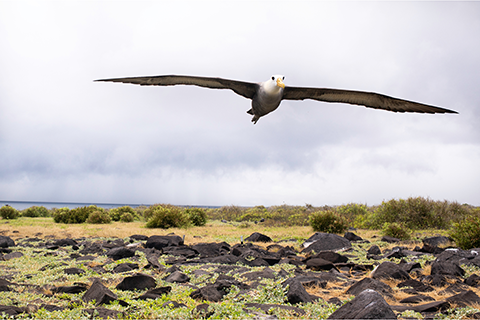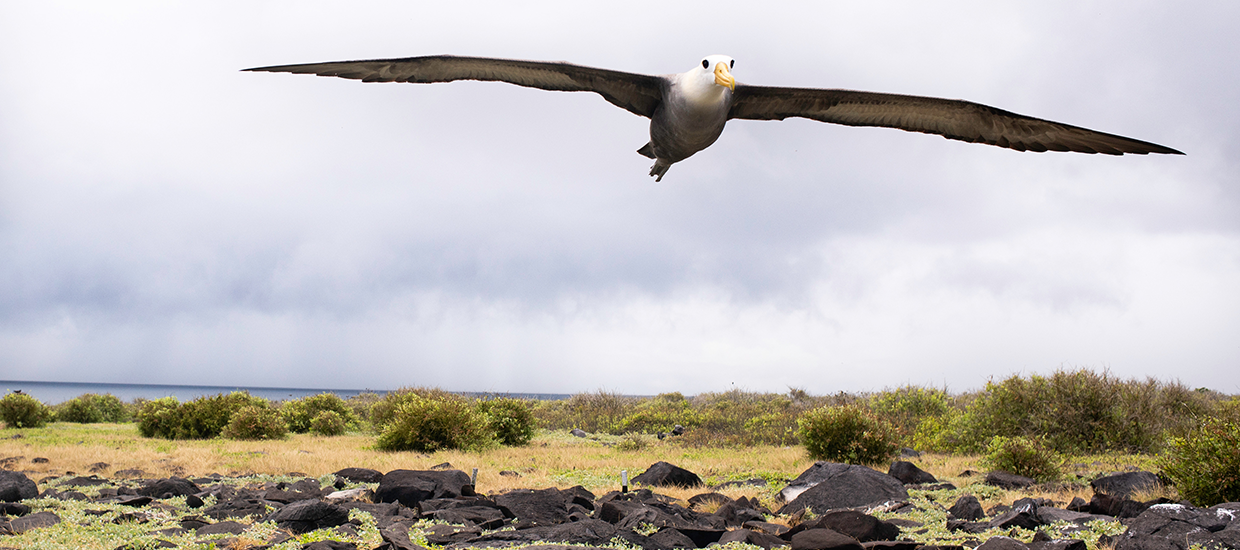The University of Miami partners with the University of San Francisco Quito, Galapagos Extension by offering a semester of courses (17 credits; 16 in BIL) taught on Quito, the Amazon and Galapagos Islands in Ecuador. The program offers a unique opportunity for hands-on field trips and research experiences coupled with strong conceptual background in Ecology and Evolution. Students take one course at a time, allowing them the opportunity to focus on one specific topic and get to know their professors well. The courses are designed for students to design and execute experiments based on the theory from each course, in the Amazon, Andes, Cloud Forest and the Galapagos.
Students live with families both in the mainland, and in Galapagos, to immerse in the culture and offer the opportunity of learning Spanish to interested students.
Direct program questions to Dr. Juan Pablo Quimbayo or Dr. Neil Rosser, Directors of UGalapagosBio
Direct application questions to Alejandra Grijak Assistant Director, Study Abroad Office
For more information on Biology's UGalapagosBio program and courses
Email the Directors of the UGalapagosBio Program, Dr. Juan Pablo Quimbayo (quimbayojp@miami.edu) or Dr. Neil Rosser (neil.rosser@miami.edu)
For more information on applications, visas, travel and isues dealing with study abroad
Phone (305)284-6471, Krista Lyons, Director, Study Abroad Office (k.lyons1@miami.edu)





